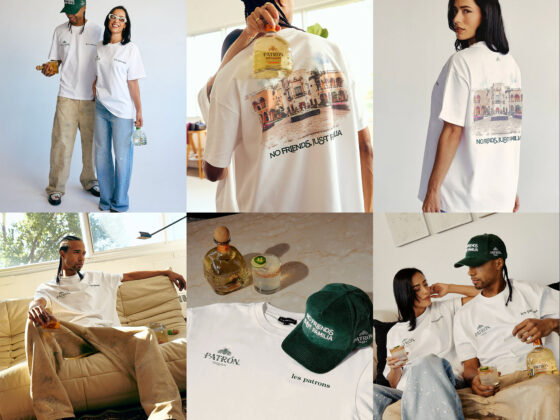The COVID-19 pandemic has made everyone hyperaware of two things: the cleanliness of their homes and their personal hygiene. So much so that dropping by a drugstore and seeing the shelves stocked with Lysol and Clorox became a thing of the past (momentarily).
While disinfectants are effective when it comes to stopping the spread of COVID-19 on hard surfaces, have you ever considered what can happen when the virus comes into contact with your skin?
Frequent handwashing with antibacterial soaps is helpful, but they can disturb your skin’s microbiome (aka the community of organisms that live on your skin’s barrier) in the long run. Ahead, everything you need to know about your skin’s microbiome, how your skin care regimen can help (yes, even benzoyl peroxide face wash can save the day) and why skincare also matters now more than ever.
ADVERTISEMENT |
RELATED: 8 Candles That Look as Good as They Smell
Keep Your Skin Microbiome Intact During the Pandemic
Your body’s first line of defense when is the skin. Your skin blocks a variety of pathogens from entering the body. Constant use of disinfectant products can destroy the organisms living in your skin, causing an imbalance in your microbiome. This can lead to micro-abrasions, skin irritation and skin flare-ups. On top of that, an imbalanced microbiome can make the skin susceptible to many pathogens like cutibacterium acnes, Staphylococcus aureus or pseudomonas, which makes you susceptible to viral infections.
On the other hand, if your skin’s microbiome is balanced, your skin can function optimally. The fungi and bacteria in your skin microbiome can use their energy to produce peptides that promote skin health by preventing the growth of pathogens. These good microbes also promote the production of antimicrobial peptides that destroy viruses.
ADVERTISEMENT |
How Can You Tell if Your Microbiome is Unbalanced?
The signs are easy to spot. If your skin is dry or sensitive or prone to breakouts, your microbiome community is imbalanced. Compromised skin barriers result in skin dehydration, which leads to inflammation.
In some cases, however, the symptoms are not obvious. For example, staphylococcus aureus can live on your skin undetected until it creates a wound.
How Can You Restore Your Skin Microbiome’s Balance?
A solid skin care routine that includes products that strengthen and nourish the skin should do the trick. If you’re not into a daily routine, start practicing. Washing your face or pampering your skin, while you watch Netflix or scroll for BTS fashion tips, is a good start.
When shopping for products, look for skin barrier calming ingredients, like peptides and rebuilding ingredients, like ceramides.
ADVERTISEMENT |
Also, cleanse and moisturize your face before you wear a mask. To prevent clogged skin pores, use products that are labeled non-comedogenic. Avoid using skincare products with heavy-duty ingredients like petrolatum, which is common in ointments and creams.
Ask your dermatologist for recommendations, too. They are most likely to recommend products that target the bad bacteria living on your skin, which enables the good bacteria to grow and thrive.
Other COVID-19 Skincare Considerations
Hand Care
Combat COVID-19 by combining skincare with hand care. Wash your hands with soap and water for at least 20 seconds. To prevent cracked and dry hands due to excessive hand washing, you can do the following:
ADVERTISEMENT |
- Be gentle on your hands. Use lukewarm or cool water to wash your hands. Hot water will not “kill off” the germs and viruses. Plus, it increases your risk of skin damage.
- Moisturize your hands. After washing your hands, gently rinse and pat them dry. Then, be generous with the moisturizer. Use a hypoallergenic moisturizer that is scent- and dye-free since these can irritate your skin.
Facial Care
Constantly wearing a face mask leads to chafing of the skin on your chin, cheeks, the bridge of your nose and behind your ears. Some people experience a rash or constant itchiness. Damp conditions or sweating under the mask can lead to acne.
Ease these concerns by:
- Using a bandage or barrier ointment. Relieve or prevent skin injuries due to friction or pressure from masks by applying a thin layer of zinc oxide behind your ears or on the bridge of your nose. Zinc oxide, which is a product used for chapped skin or diaper rash, can soothe and protect your skin.
- Treat acne. If you’re struggling with acne, always clean your skin. Apart from using water-soluble moisturizer, use acne treatment products that contain salicylic acid or benzoyl peroxide.
Not wearing masks or washing your hands is not an option during COVID-19. Caring for your skin can keep the side-effects of these prevention measures at bay. Practice the steps above to protect your skin during the pandemic. Get your skin care routine on!
ADVERTISEMENT |





